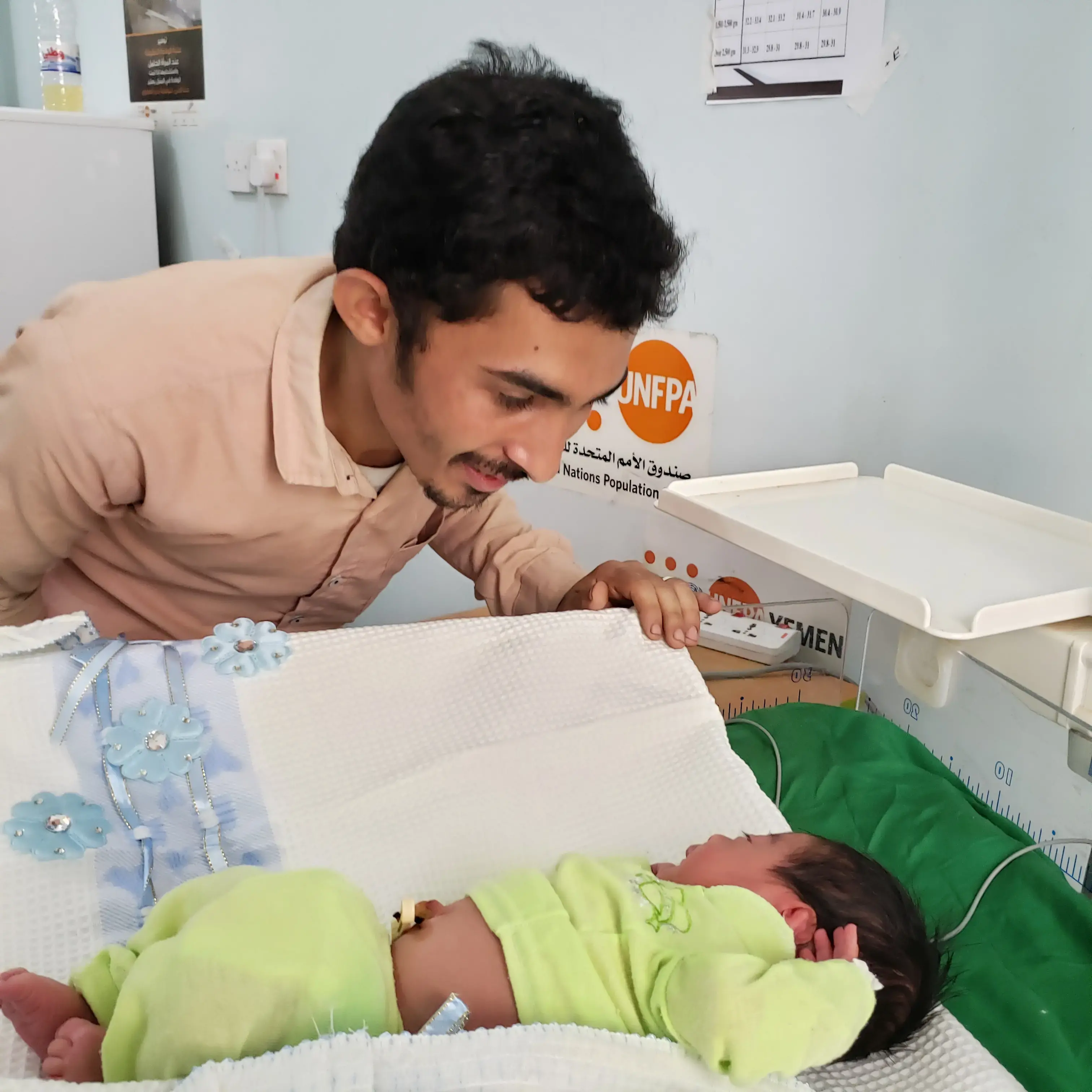The humanitarian crisis in Yemen remains the worst in the world; further deteriorating in 2020, driven by an escalating conflict, collapsing economy, a depreciating currency; exacerbated by torrential rains and flooding, COVID-19 and a fuel crisis. An estimated 24.1 million people – over 80 per cent of the population – are in need of some form of assistance, including 14.4 million who are in acute need.
A new Integrated Food Security Phase Classification (IPC) analysis for Yemen signals that pockets of famine-like conditions (IPC Phase 5) have already returned to Yemen for the first time in two years and that the number of people experiencing such catastrophic levels of food insecurity could nearly triple from 16,500 currently to 47,000 people between January and June 2021. At the same time, the IPC analysis warns that the number of people facing emergency food insecurity is poised to increase from 3.6 million to 5 million people in the first half of 2021. As caregivers in families women are disproportionately impacted by food insecurity, particularly pregnant women. An estimated 1.2 million pregnant and lactating women are found to be acutely malnourished in Yemen.
Partners prepare for a second wave of COVID-19 in Yemen. As of 30 November, the number of reported confirmed COVID-19 cases had reached 2,077 with 607 associated deaths and 1,381 recoveries. While it is unclear when a second wave will occur, it is likely to peak in the winter months, and it could be more robust and sustained than the initial wave, especially if it overlaps with the influenza season. UNFPA remains a frontline partner in the COVID-19 response in Yemen, having provided PPE items to over 200 hospitals, reaching over a million people, and training more than 300 health workers in infection prevention and control.
UN humanitarian operation in Yemen remained funded below 50 per cent by end of November, of the $3.23 billion required for the Yemen Humanitarian Response Plan in 2020. Three-quarters of UNFPA’s $100.5 million humanitarian appeal for 2020 had been received by end November. The Central Emergency Relief Fund made the highest ever annual allocation to Yemen of $30 million, with UNFPA receiving $10 million towards its reproductive health response.
By October, UNFPA's response has reached over 2.7 million individuals with lifesaving reproductive health and protection information and services, with support to 100 health facilities, 51 safe spaces, 8 shelters and 6 specialized mental health centres.


